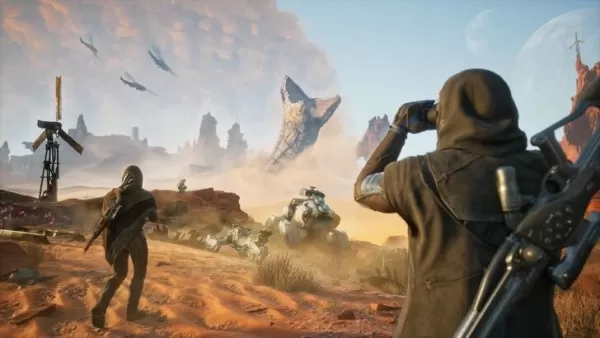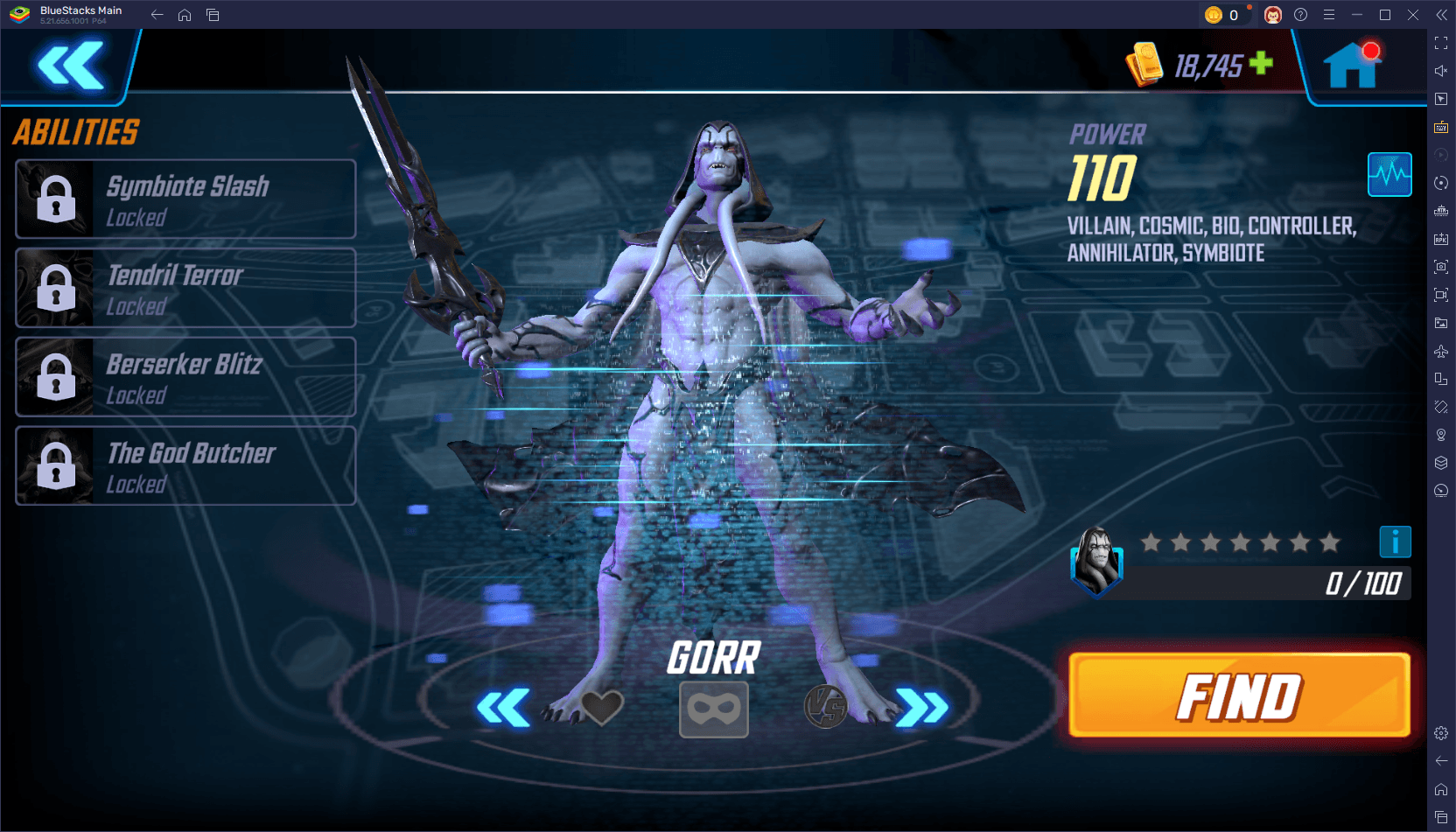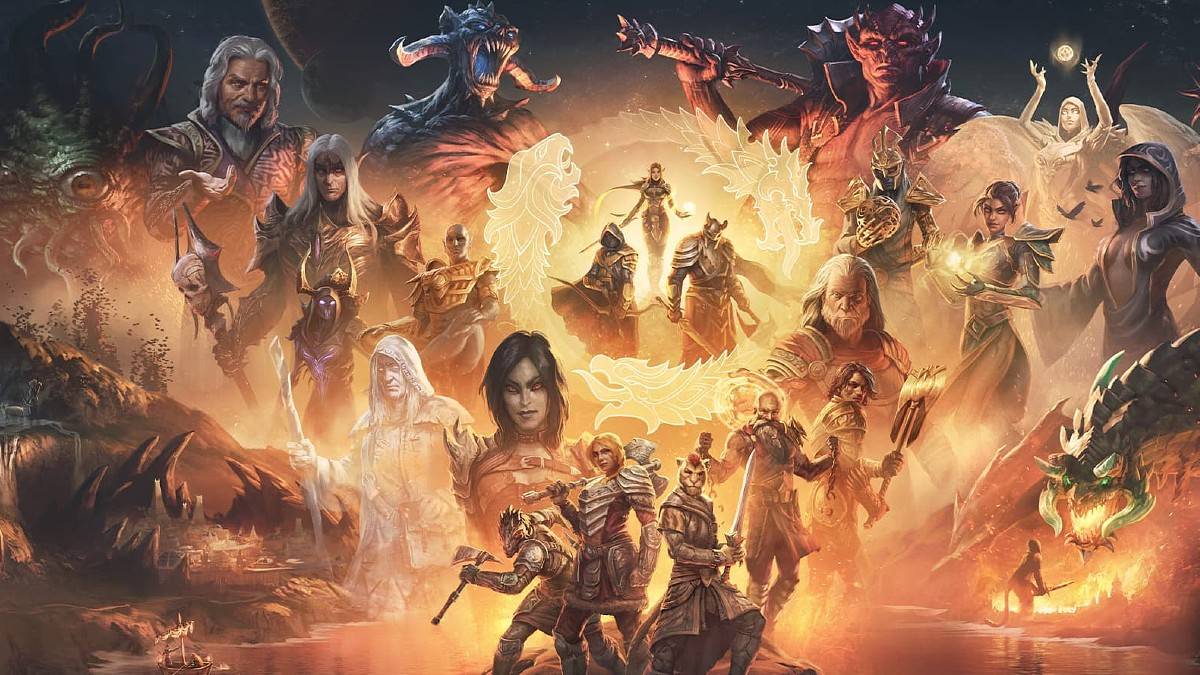The gaming industry has faced significant challenges recently, from widespread layoffs to studio closures and shrinking funding. Enrique Fuentes, Teravision Games' CEO and co-founder, felt this instability firsthand following the launch of Killer Klowns From Outer Space—a chaotic asymmetrical horror game inspired by the cult 1980s film. Though critics praised the title (IGN awarded it a 7/10, calling it "as delightfully absurd as its source material"), and its trailers garnered hundreds of thousands of views, the team soon confronted the same harsh realities plaguing developers worldwide.
"2024 proved exceptionally difficult for the industry, which slowed our ability to secure our next project," Fuentes explains. Despite partnerships with Disney, Nickelodeon, and Xbox, Teravision struggled to find a successor to Killer Klowns. Facing mounting pressure, the studio—staffed by industry veterans with two decades of experience—turned to an unconventional solution: developing within Fortnite using Unreal Engine for Fortnite (UEFN). Within a year, they released three UEFN titles, with their fourth—launching today—leveraging the official The Walking Dead content pack.
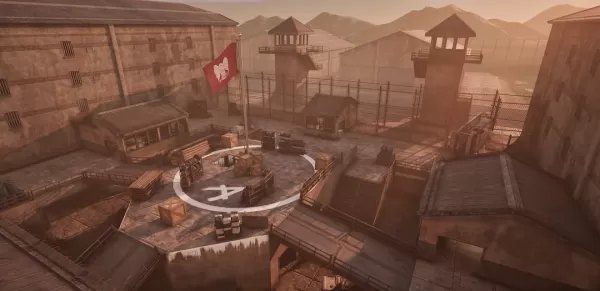
Collaborating with Skybound Entertainment (founded by The Walking Dead creator Robert Kirkman), Teravision's Courtyard King delivers a King of the Hill-style PvPvE experience set in the franchise's notorious prison. Players battle both opponents and AI-controlled walkers to control strategic zones.
Every Walking Dead element—including character models of Rick Grimes, Negan, and Daryl Dixon—uses official UEFN assets. But Teravision went further, partnering with Skybound's writers to develop original narrative content and dialogue for the project.
"Unlike multi-year endeavors like Killer Klowns, these are projects we can assemble in weeks or months," Fuentes notes. "We've partnered with major brands before, but never anticipated UEFN would become our gateway to collaborating with companies like Skybound. Yet user-generated content dominates gaming now."
The UGC (user-generated content) revolution, fueled by platforms like Fortnite and Roblox, traditionally involved amateur creators. However, professional studios like Teravision are now embracing these tools—particularly Fortnite's Unreal Engine 5-powered UEFN system—as viable development environments.
"Our engineering expertise made this transition logical," Fuentes explains. "It allowed us to experiment while mitigating risk—instead of committing to years-long projects, we're delivering complete experiences in weeks."
This approach birthed Havoc Hotel, a roguelike shooter where players ascend a deadly hotel, upgrading weapons between floors. The third installment now ranks among Fortnite's most consistently popular experiences.
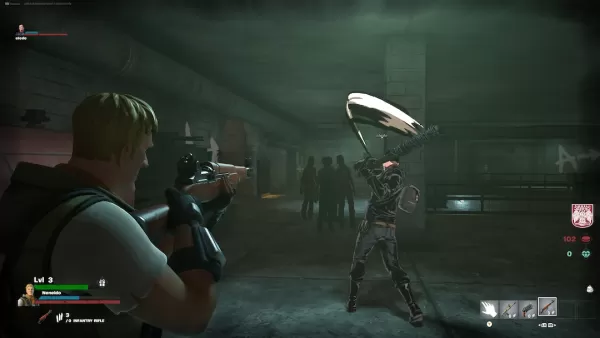
According to Teravision designer Martin Rodriguez, the studio's Unreal Engine experience with Killer Klowns provided a significant advantage when adopting UEFN. "The streamlined workflow lets us focus on creativity rather than technical overhead," he says. "It removes barriers between ideas and execution."
While engineers adapted easily, designers faced unexpected challenges. Projects like Havoc Hotel began as prototypes but evolved into fully-fledged experiences—something creative director LD Zambrano finds uniquely characteristic of UEFN developments.
"Traditional games thrive on clear competitive or cooperative objectives," Zambrano observes. "But many successful UEFN experiences thrive on unstructured social interactions—what I call 'contextual gameplay' reminiscent of childhood playground dynamics."
Courtyard King exemplifies this philosophy. As an "infinite game" without winners or endpoints, it mirrors The Walking Dead's perpetual survival struggle—players defect between teams mid-match, creating emergent betrayals and alliances.
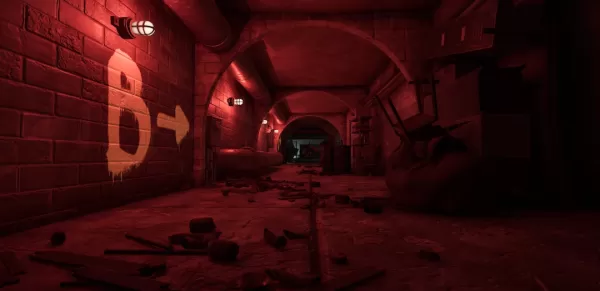
For studios balancing creativity with financial viability, Fuentes sees UEFN as transformative: "This model lets an 80-person studio like ours take calculated risks. With strong concepts and market awareness, developers can deliver polished experiences in months—not years. For indies, that's revolutionary."





